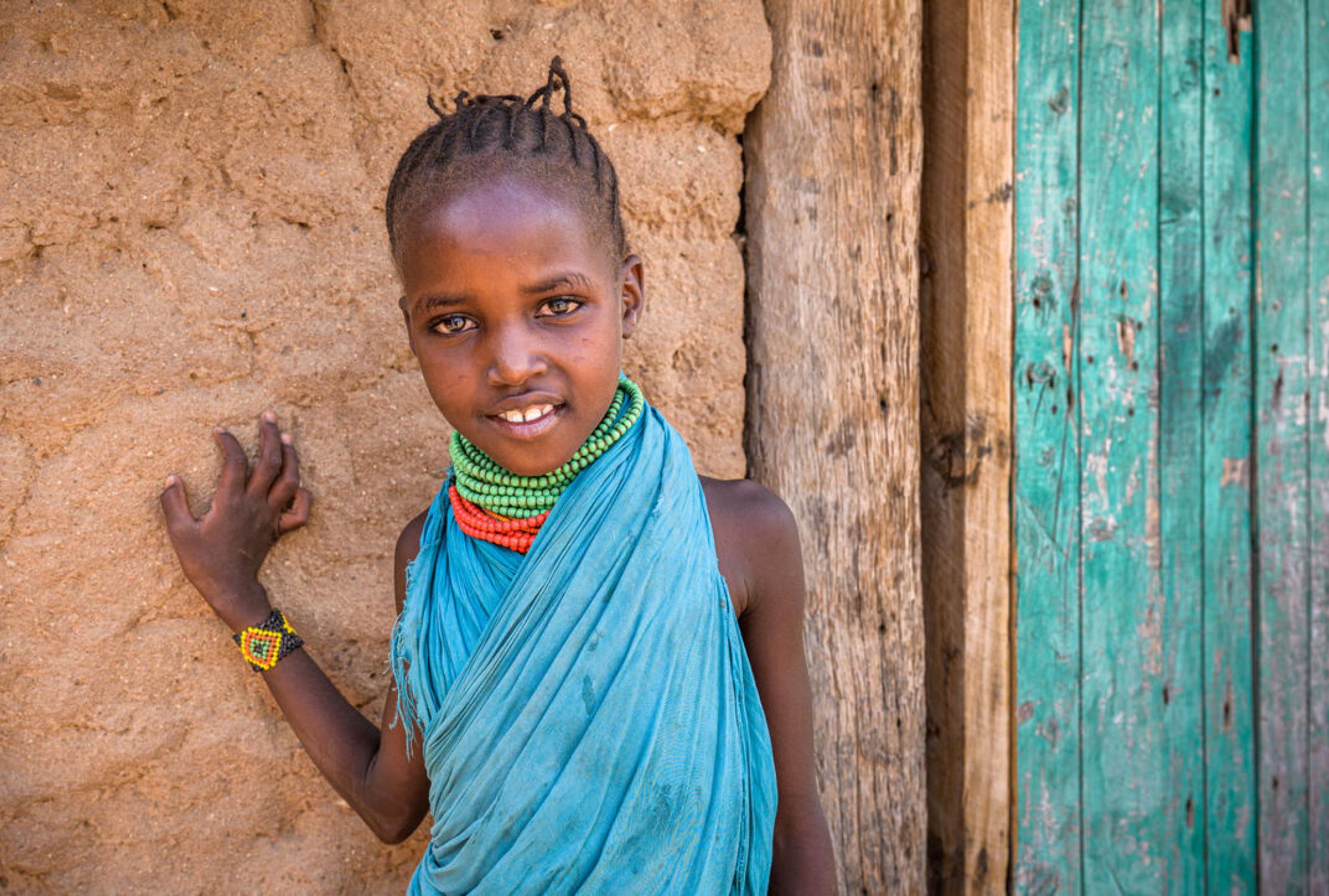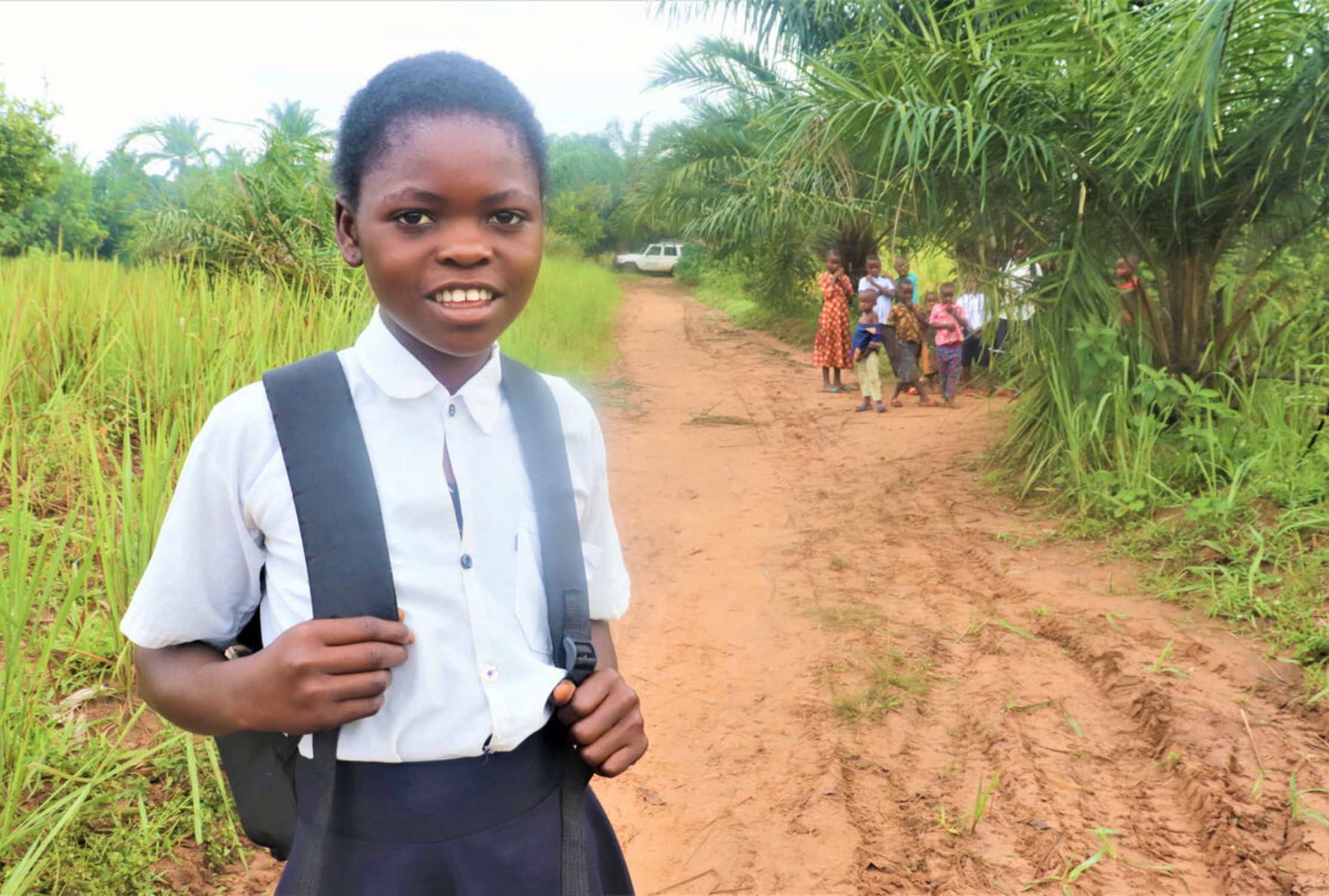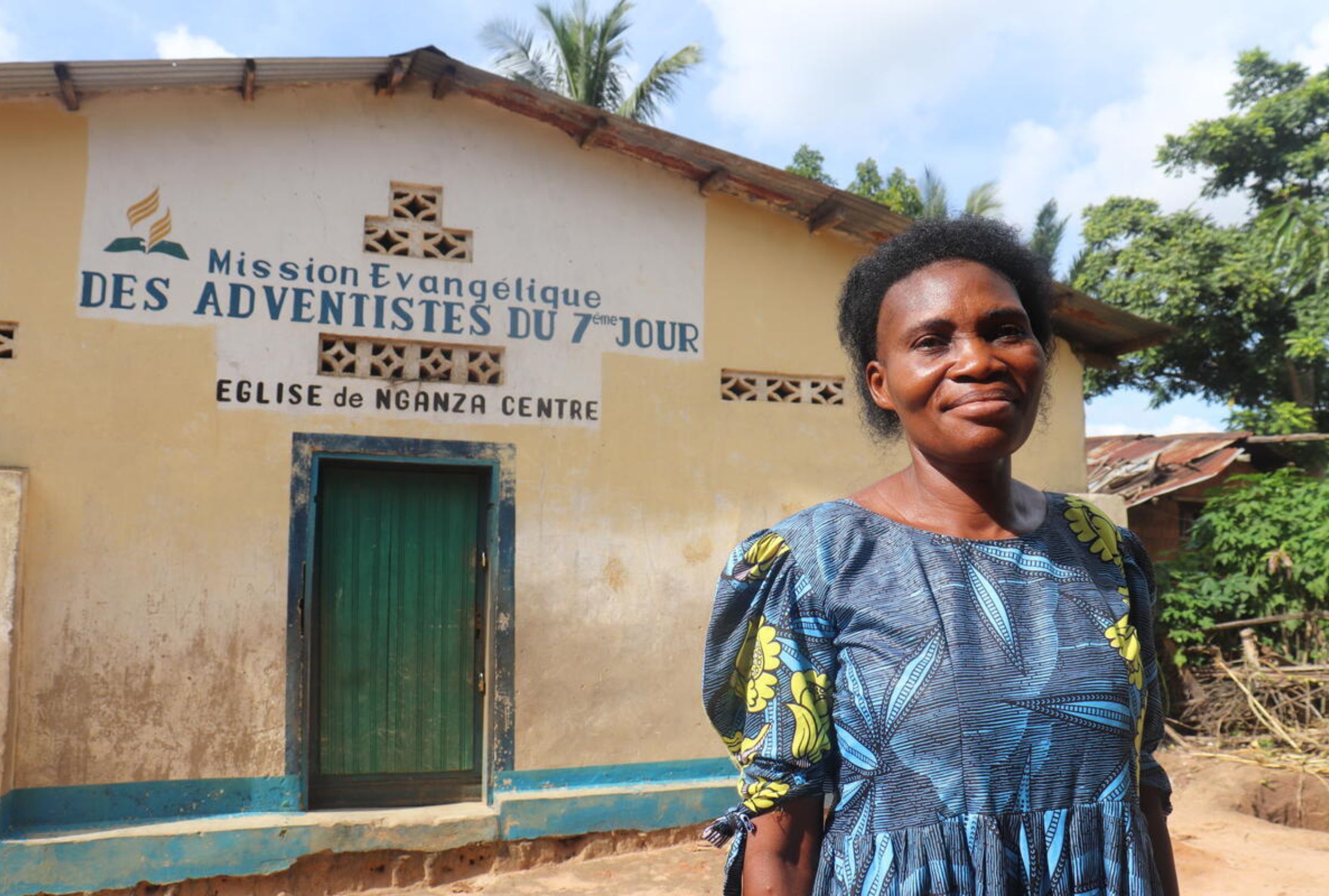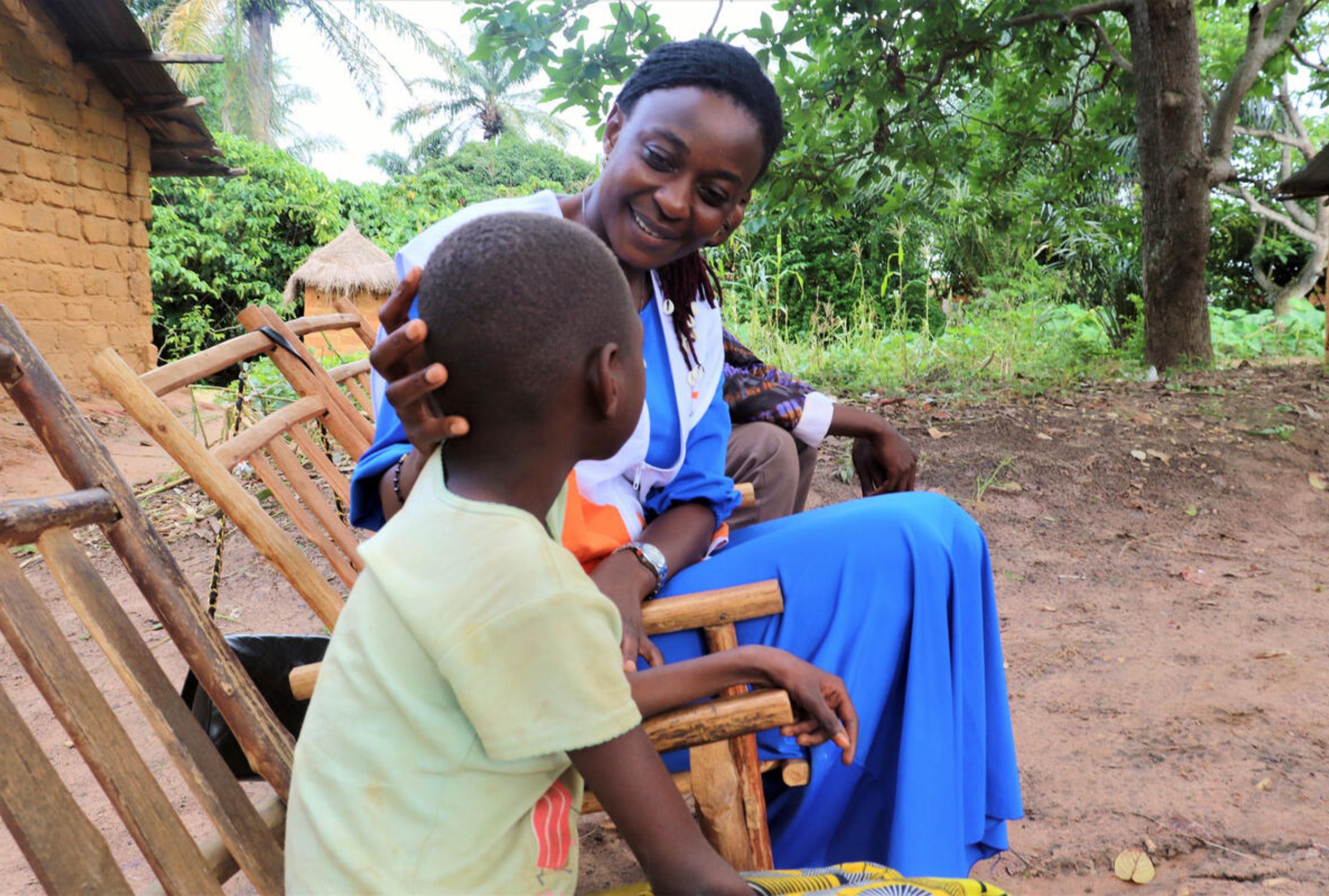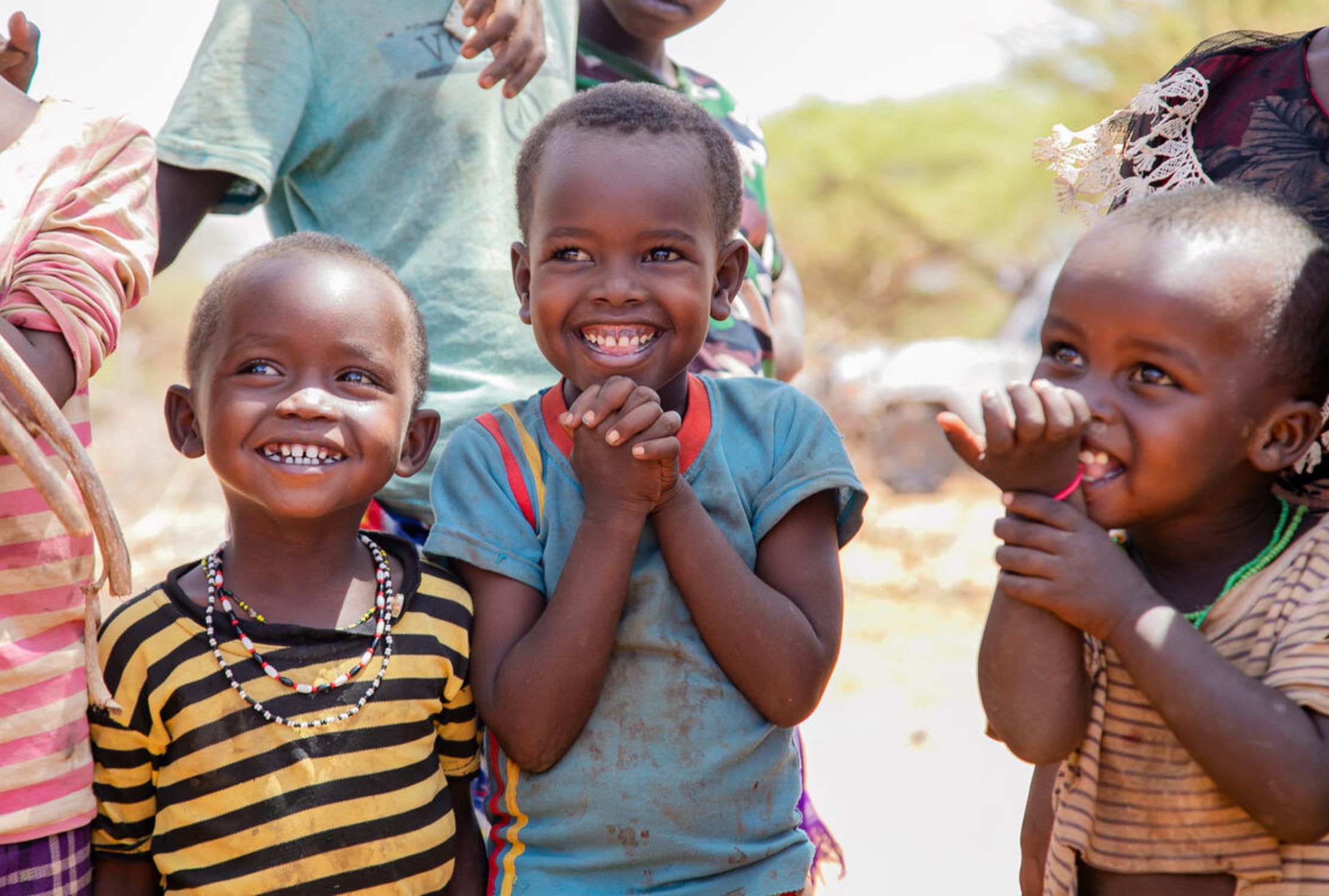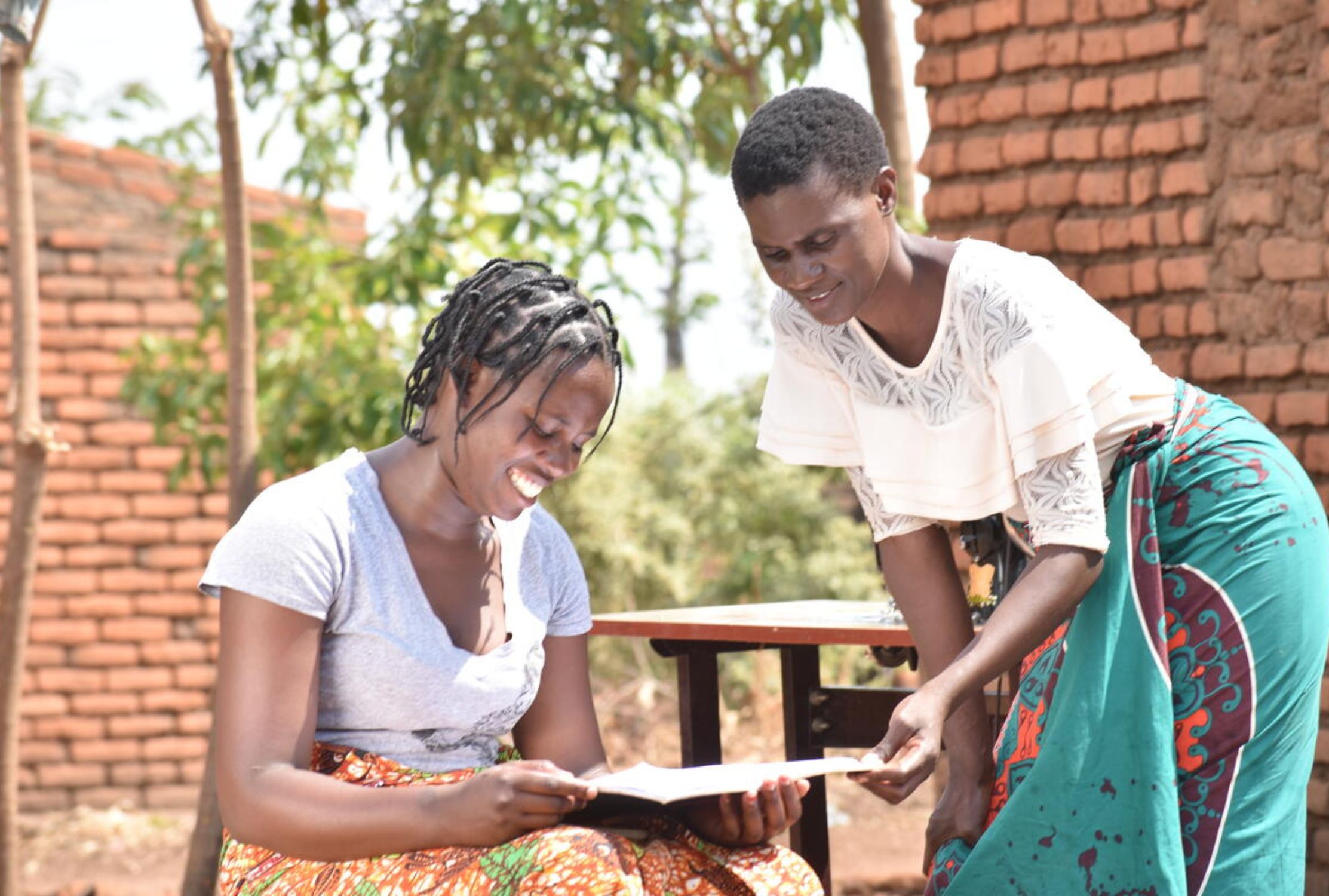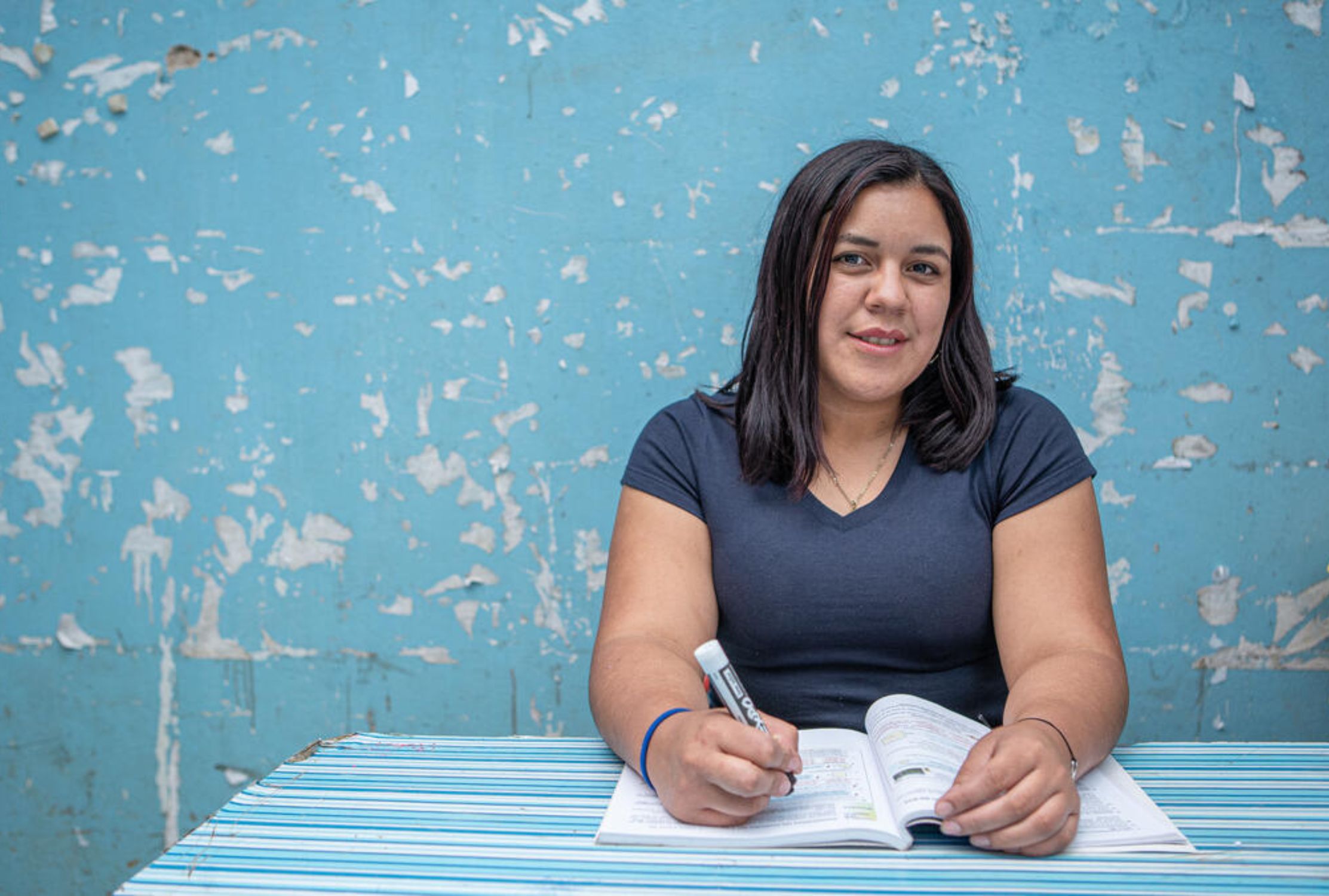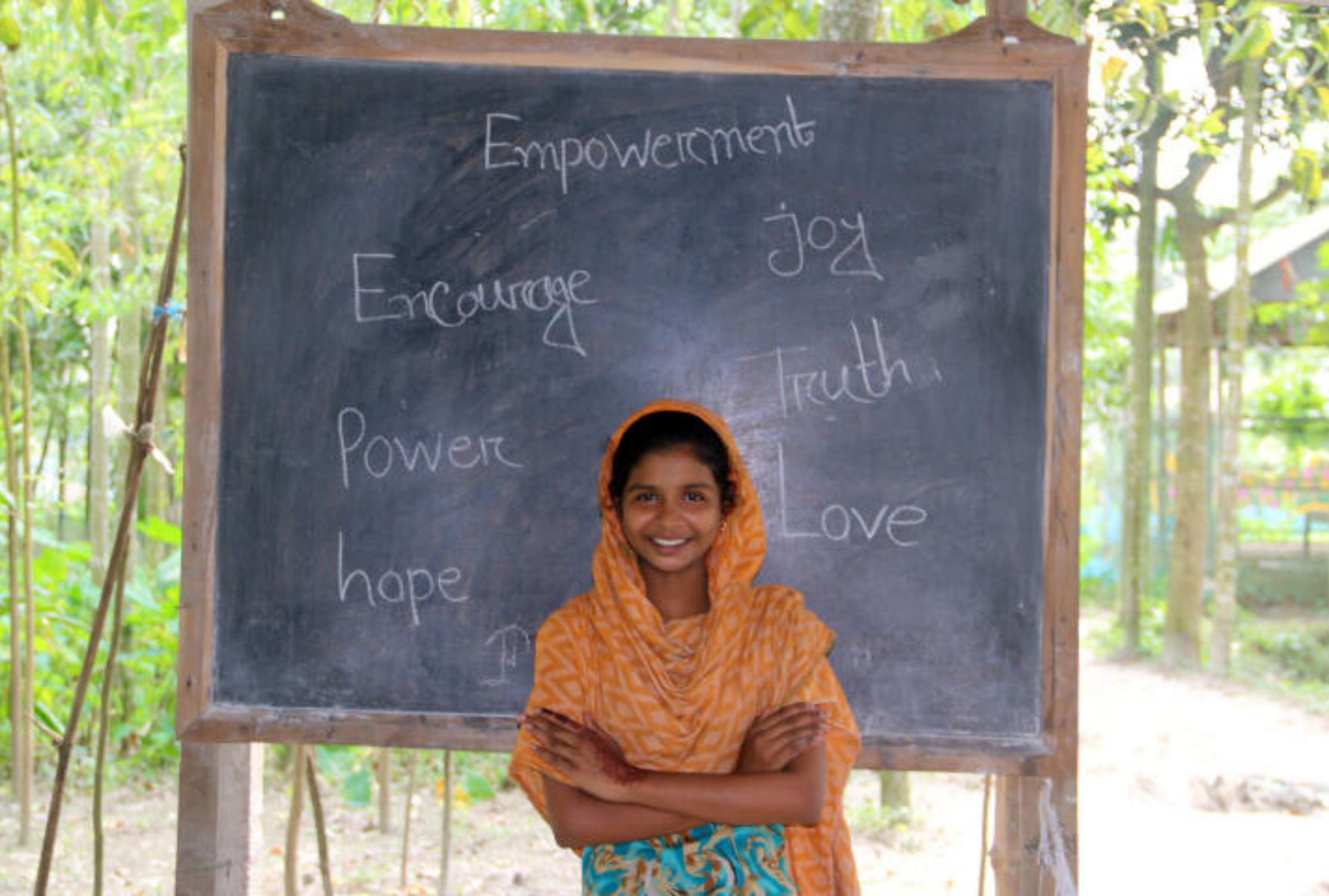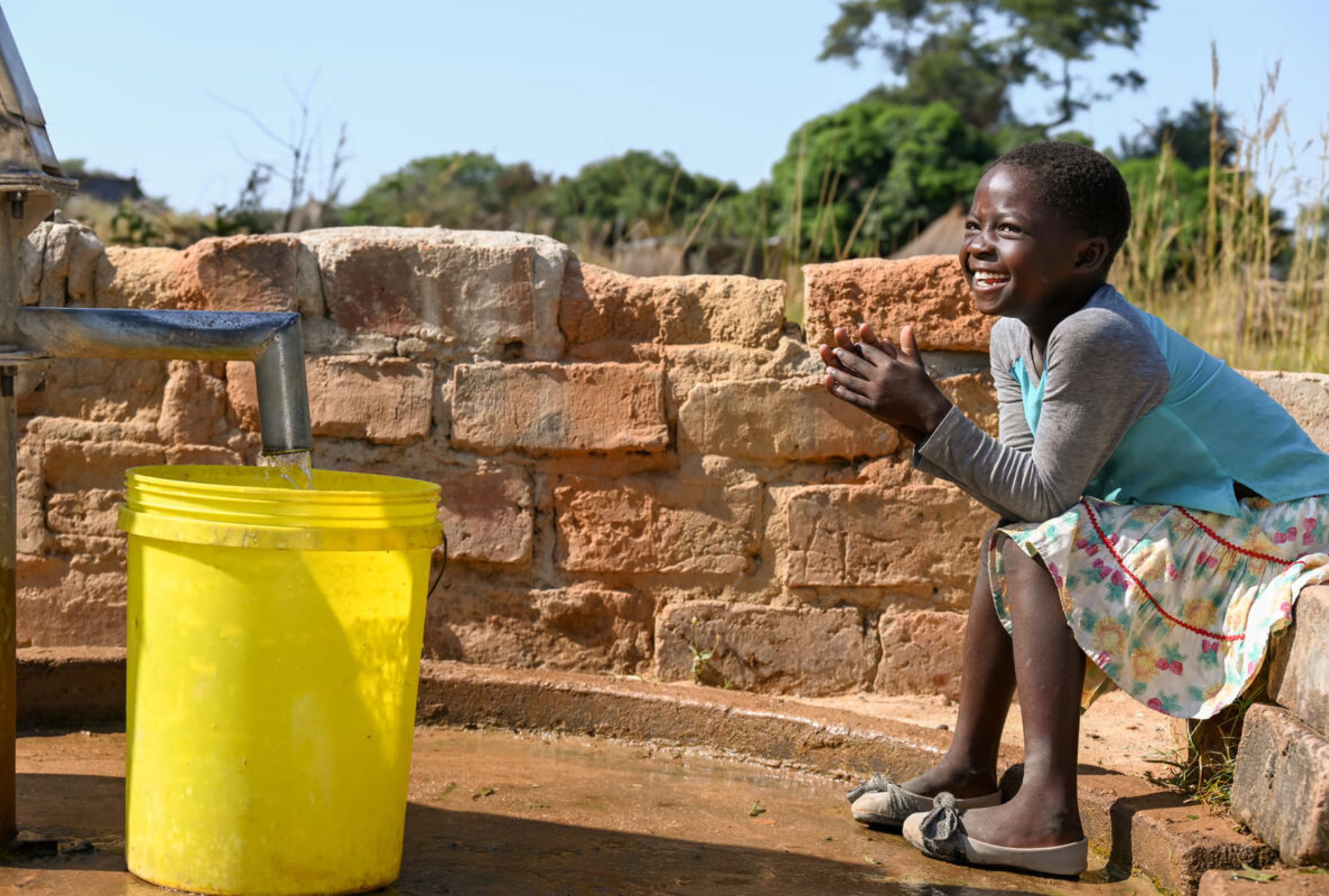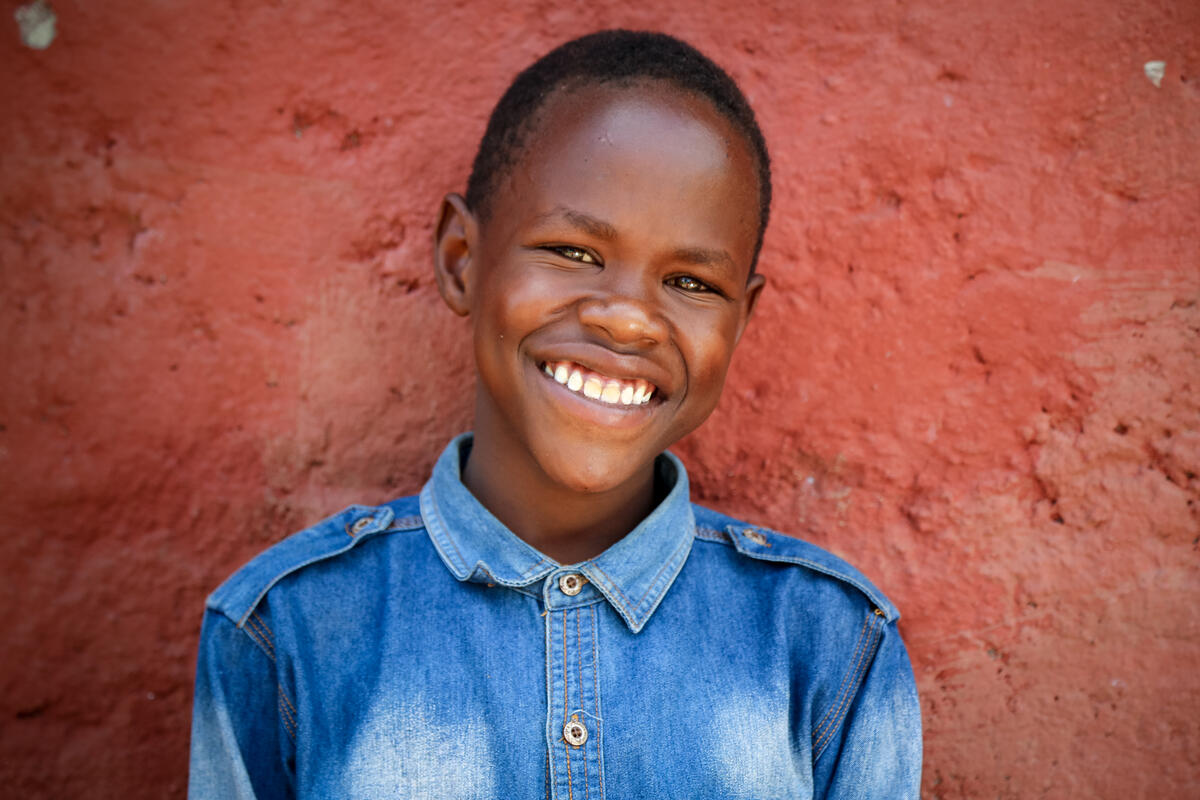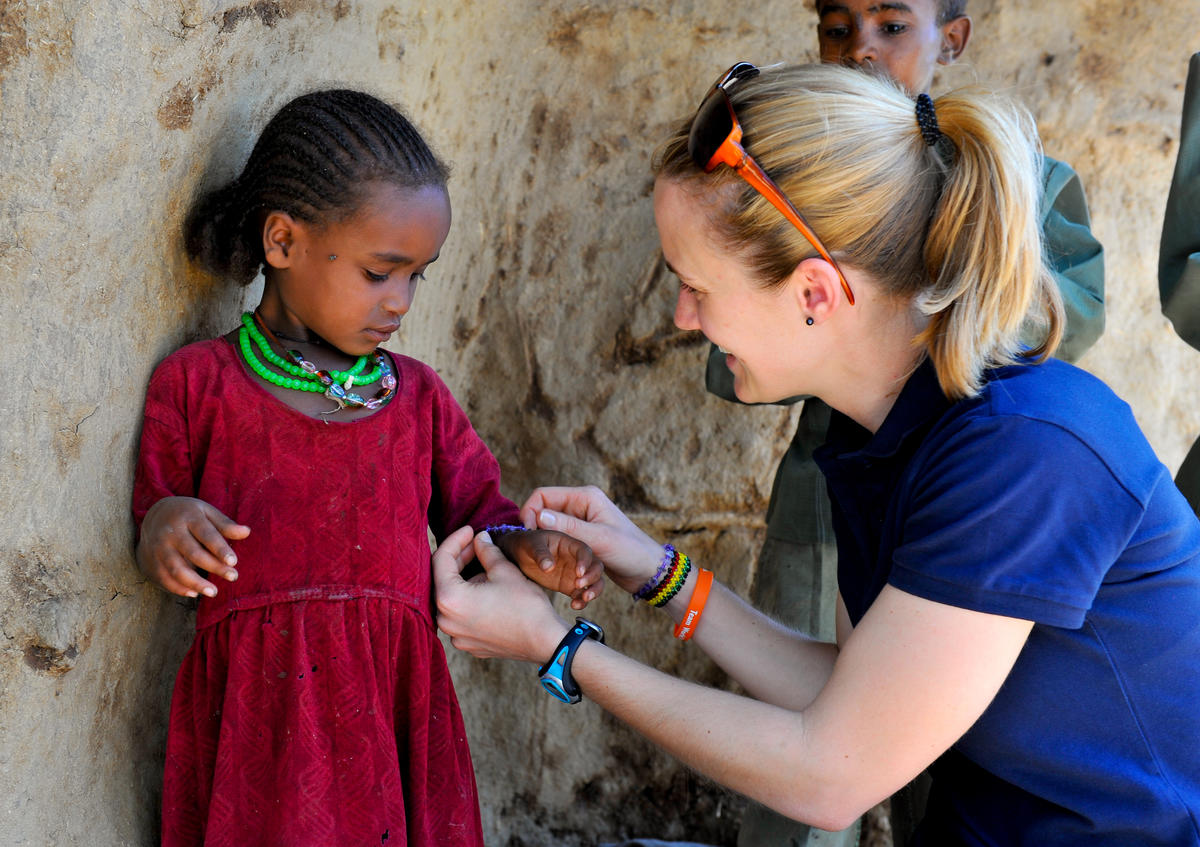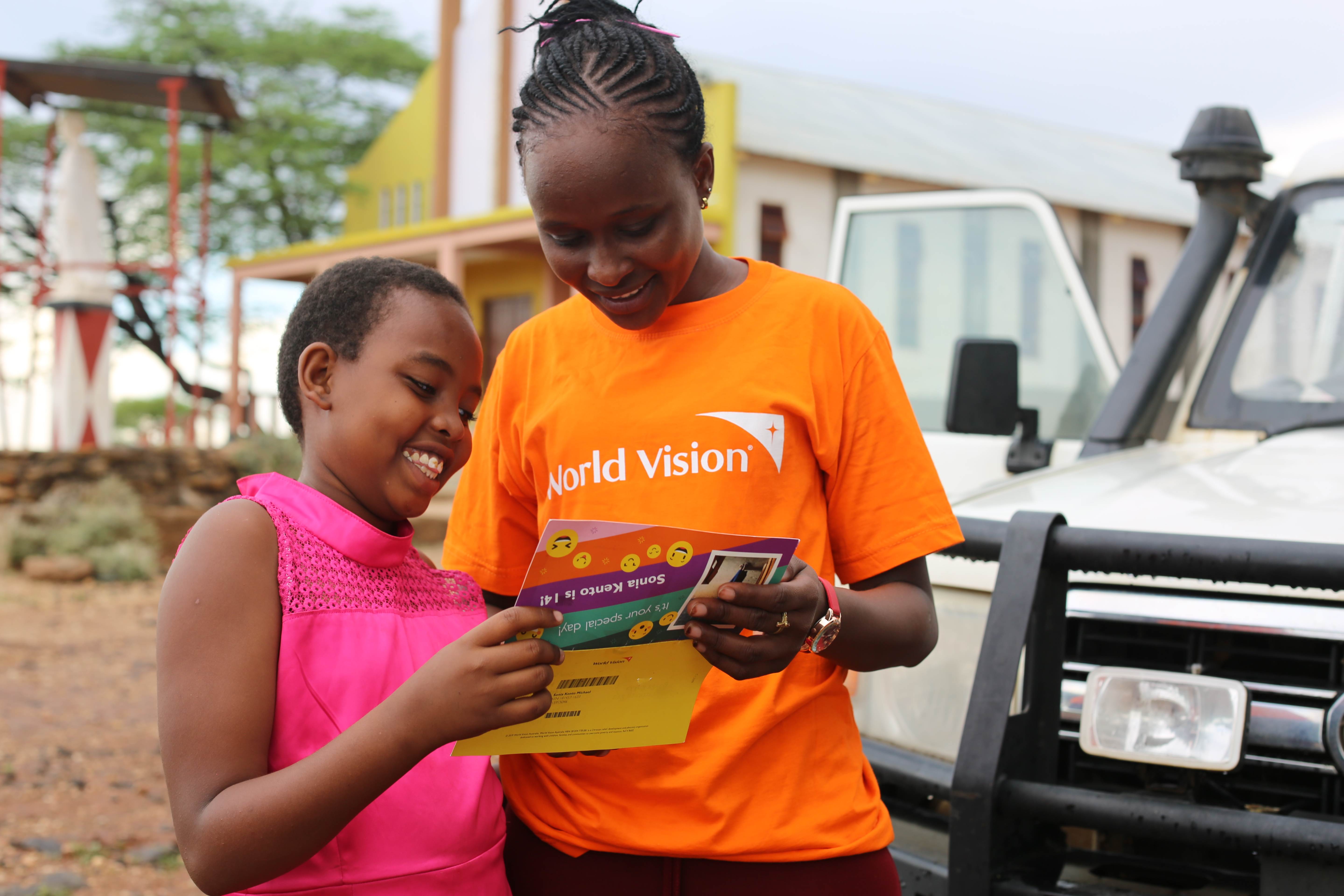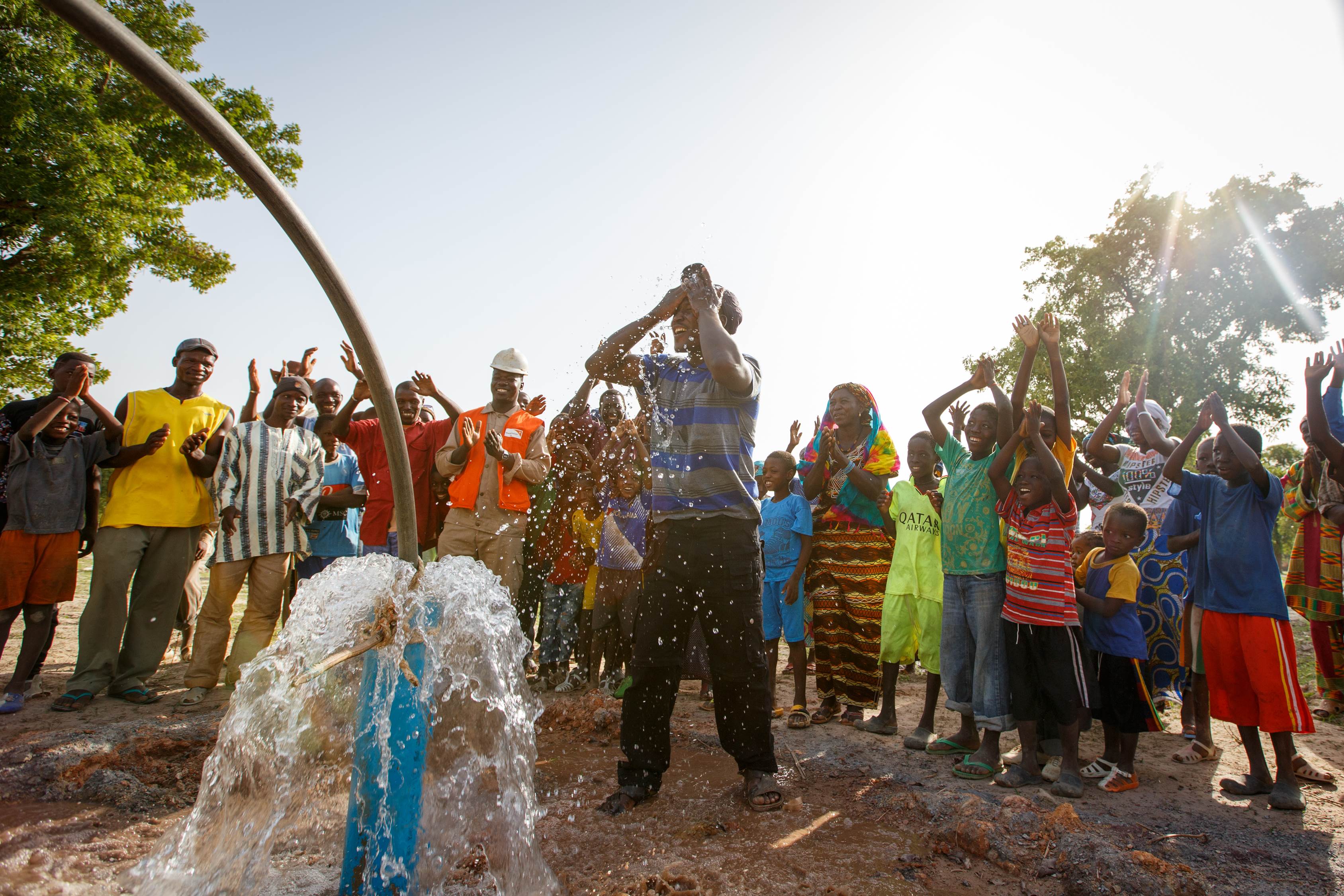There are 1.1 billion girls under the age of 18 worldwide, many of whom face challenges such as child marriage, child poverty, child labour, female genital mutilation and adolescent pregnancies – simply because they’re girls. These unnatural experiences are a violation of their human rights, remove their childhood innocence, and in the worst cases, cause immense pain and sometimes death.
What is female genital mutilation (FGM)?
The female genital mutilation definition, (commonly shortened to FGM and sometimes also known as 'cutting') refers to the partial or total removal of the external female genitalia, and other injuries to the female genital organs for non-medical reasons.
This painful procedure, which has no health benefits and is recognised as a human rights violation, can cause life-long consequences, including serious pain and bleeding, discomfort or pain while urinating. It can also cause the victim to suffer a higher risk of infections, complications with both sexual pleasure and childbirth, as well as psychological consequences. In some cases, the procedure can even lead to death.
At least 230 million girls in the world today have gone through female genital mutilation. FGM is commonly practiced in 31 countries in Africa, Asia and the Middle East. This is widely practiced in Somalia, Guinea and Djibouti, where 90% of girls go through FGM. In the Middle East, FGM is most common in countries like Iraq, Yemen and Indonesia in Asia.
World Vision stands firmly against female genital mutilation and works with communities and partner organisations like UNICEF to end FGM and support the rights of women and girls around the world.

